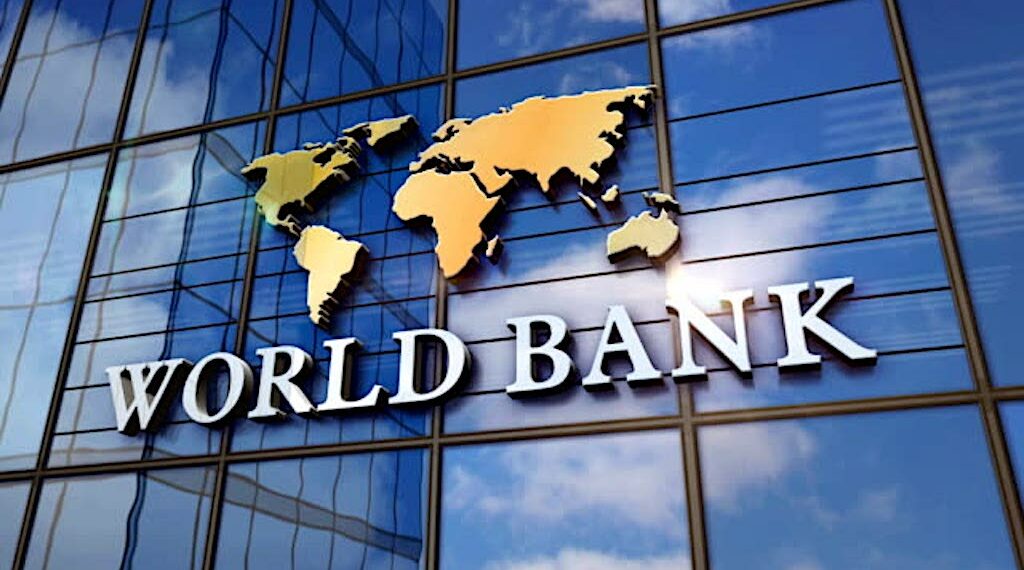Global lenders at the World Bank have poured cold water on Nigeria’s hopes of bringing down prices to a single-digit level in the coming months, calling the plan pie in the sky.
The bank’s latest overview of Africa’s economy paints a tough picture for Nigeria, where everyday costs keep climbing fast. It forecasts that the country will stick with double-digit rises in prices right through to the end of next year, putting it in the same boat as a few other struggling nations on the continent.
This gloomy outlook clashes head-on with upbeat words from top Nigerian officials, who have pinned their faith on fresh money rules and cuts to fuel handouts to tame the runaway costs soon. The finance chief and the head of the central bank have both promised that prices will soon settle into calmer waters.
Speaking at a big talk in Lagos last week, the central bank’s boss made it clear that keeping prices in check at low levels is the big goal over the next few years. He brushed aside some number-crunching that puts the current jump in living costs at over 20 per cent, saying it paints too dark a picture.
Across much of sub-Saharan Africa, things look brighter on the price front. The average rise in costs has dropped sharply since hitting a high a couple of years back, and most places should see steady single-digit figures by the end of next year. Out of nearly 50 countries in the area, close to 40 are on track to keep things under control, with the overall average dipping below five per cent soon.
But Nigeria stands out as one of the holdouts, along with spots like Angola, Ethiopia, Ghana, Malawi, Sudan, Zambia, and Zimbabwe. The bank’s experts blame a mix of woes: the local currency losing ground against the dollar, steep bills for food and power, and snags in getting goods from farm to shop because of rough roads and safety fears.
Even so, the wider African economy shows grit, with growth picking up pace next year and holding strong after that. For Nigeria, the bank has bumped up its outlook a bit, thanks to more oil pumping out and a trickle of new cash coming in. Still, runaway prices are eating into family budgets and scaring off shoppers and shop owners alike.
The bank’s top money man for Africa pointed out how most places on the continent have steadied their currencies after wild swings, with average price hikes now under four per cent. He added that Nigeria’s troubles come from the knock-on effects of a weaker naira and deep-rooted hold-ups in supplies.
Looking further ahead, the report flags a huge headache: millions more young people hitting the job market over the next 25 years, with no easy spots waiting for them. It calls on leaders to slash red tape for businesses, train folks better, and beef up rules to draw in private cash. Sectors like farming links, health care, home building, travel spots, and digging for minerals could create heaps of work, the bank says – for instance, each new role in tourism could spark one and a half more in nearby trades.
Nigeria’s price woes have piled on top of job shortages and a doubling of debt repayments over the last ten years, now chewing up two per cent of the whole economy’s output. The number of African countries teetering on the edge of a debt crunch has shot up nearly three times since a decade ago.
To turn things around, the bank urges a focus on steady rules, smart money handling, and fixing the basics like safe food chains and reliable power. Places like South Africa, Senegal, and Tanzania have already nailed low price rises through tight budgets and sharp handling of foreign cash, showing it’s doable with the right moves.





3 comments
This post gave me a new perspective I hadn’t considered.
https://shorturl.fm/UJl1d
Great points, well supported by facts and logic.